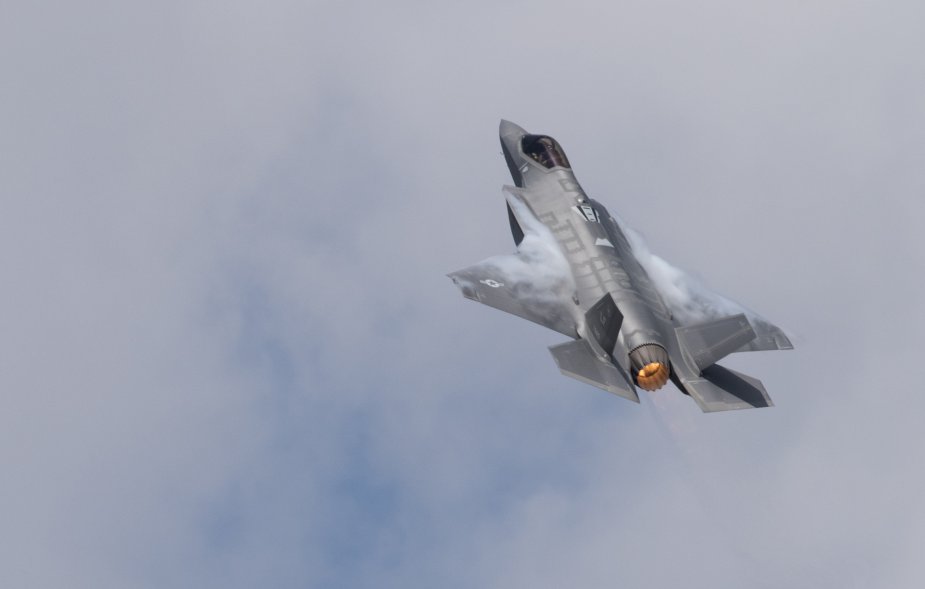Breaking news
ACCaP program: American offer reportedly extended by two weeks.
By Nathan Gain
The American offer for the Belgian F-16s replacement program has been implicitly extended by two weeks, until the end of October, according to a Flemish newspaper.
 A U.S. Air Force pilot demonstrates the capabilities of the F-35A Lightning II during the 2018 Royal International Air Tattoo, or RIAT, at RAF Fairford, U.K. July 14, 2018
A U.S. Air Force pilot demonstrates the capabilities of the F-35A Lightning II during the 2018 Royal International Air Tattoo, or RIAT, at RAF Fairford, U.K. July 14, 2018
(Credit: U.S. Air Force/Tech. Sgt. Brian Kimball)
Normally, the final bid for the Lockheed Martin F-35A fighter jet expired on October 14, but the government decided to lift the multibillions program during the local elections period. It is currently difficult to confirm whether this extra weeks will have consequences on the final price proposed by the United States.
Last September, the US ambassador in Belgium, Ronald Gidwitz warned that if US agree to extend the offer, "it is likely that it would not bet on the same terms as the actual ones. Price could be different, delivery agenda could be different, warranties in term of training could be different..."
A few weeks after a first briefing on the military evaluation of the aircraft, the Belgian ministers received yesterday the expert report on the economic benefits of each contender. However, a final decision is not awaited for this week.
For the next one then? In any case, the Belgian Defense Minister Steven Vandeput wants to achieve the ACCaP program before January 2019, when he will leave his ministerial seat to take the lead of the city of Hasselt. Speaking about the country's ongoing procurement programs, the Belgian Prime Minister Charles Michel also confirmed that the government will take "very quickly - and, in any case, before the end of the legislature - the decisions that are required for each of these programs".
On February, Lockheed Martin and the Eurofighter consortium (for the Eurofighter Typhoon) sent their best and final offer, their definitive proposals for the replacement of the BAF's 54 aging F-16s, a program worth € 3.6 billion.


























